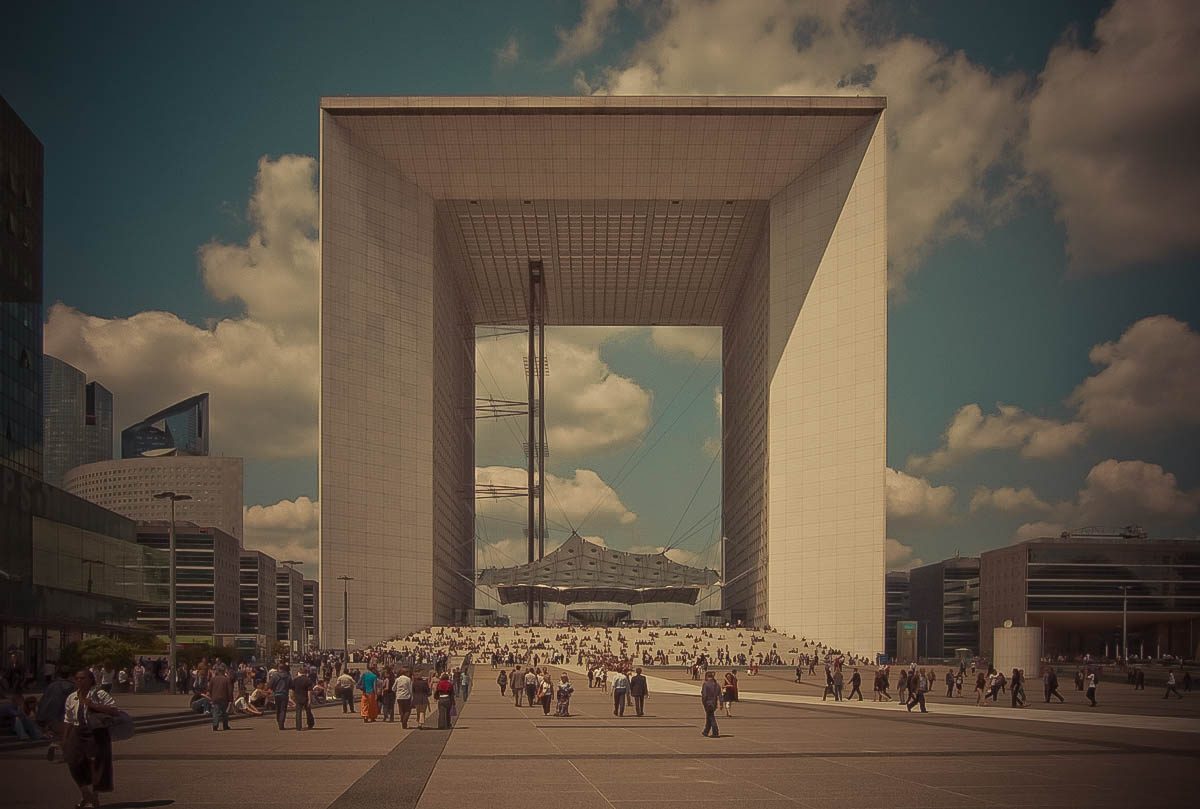For more than a millennium, Europe was “Christendom,” the center of world Christianity. Today, Europe’s Christian heritage is not even mentioned in the constitution of the European Union. .
Predictions of Christianity’s demise in Europe date back centuries. Writing in the early 1700s, Thomas Woolston, an Englishman, estimated it would die out by 1900. A century later, France’s Auguste Comte proclaimed the end of mankind’s “theological stage.” Karl Marx and Friedrich Engels viewed religion as a symptom of capitalist ills that would be cured by socialism. More recently, the demise of Christianity in Europe has led to warnings that the continent risks becoming “Eurabia,” a land dominated by Islam.
Yet after decades of secularisation, religion in Europe has slowed its slide toward what had seemed inevitable oblivion. Research shows there may even be nascent signs of a modest resurgence. Most churches are still empty. But belief in heaven, hell and concepts such as the soul has risen in parts of Europe, especially among the young. What was thought to be a forgotten relic is now an issue that figures prominently in public discourse.
Like Voices In The Wilderness
Take these public figures for example:
Sinéad O’Connor, Irish singer, released “Theology,” a collection of Bible-based songs, saying, “I adore religion and love it. Obviously, like anything, it has all sorts of negatives sometimes, as we all do.”
Jürgen Habermas, influential German intellectual and self-described “methodical atheist,” has revised his view that modernization inevitably leads to secularization. He has hailed Christianity as the bedrock of Western values: “Christianity, and nothing else, is the ultimate foundation of liberty, conscience, human rights, and democracy, the benchmarks of Western civilization. To this day, we have no other options [than Christianity]. We continue to nourish ourselves from this source. Everything else is postmodern chatter.”
Gérard Depardieu, French film star known for his raucous personal life, upon reading selections of Saint Augustine’s “Confessions”: “I was heavy with spirituality without knowing it. I was touched by the light of Saint Augustine . . . his quest touched me personally because it reflected by own fragility.”
Anders Borg, Swedish Finance Minister, former non-believer and Europe’s only senior male official with a pony-tail, left the Church of Sweden when he was a teenager. For years he considered himself an atheist, but has recently reconsidered: “Lately, I have decided to consider myself a Christian. For me, the core of the Christian love message is reconciliation, forgiveness and peace.”
It would appear that now even Europe, the heartland of secularization, is raising questions about whether God really is dead.
What this means to a Europe confronted by countless fears and social needs is that there is a choice we all must make. And it is the choice between the cube or the cross.
The Cube Or The Cross?
“The Cube” is the moniker for a monument in Paris called La Grande Arche de la Defense. It is an enormous, featureless, hollow cube, 106 meters high, that towers over the city and serves as an ironically appropriate symbol of secularism.
This imposing piece of stone and steel imagines an idealised secularism, when in reality it is reminiscent of a dictatorship that puts down concrete as pavement over “dangerous” springs of water. All may seem well on the surface, but the reality underneath secularism is less than stable and a bit troubling.
Only as we become acquainted with the sin-shattering, death-defeating, community-creating person and work of Jesus will our Europe exist as it was meant to exist.
The second symbol is the cross of Christ. It is a reminder of treachery, betrayal, and shame. Made not for glory but torture, it was a simple piece off wood on which a naked, bloodied, and innocent man was skewered. Yet it is a gloriously appropriate symbol of our Savior-King of Creation.
. . . yet it is the only symbol fit for the advancement of the gospel in Europe.
What was meant as the demise of this Jewish revolutionary name Jesus, resulted in the explosion of deep and lasting gospel expansion among one of the most hostile regimes the world has ever known.
Could it happen again today?
Only as we become acquainted with the sin-shattering, death-defeating, community-creating person and work of Jesus will our Europe exist as it was meant to exist.








